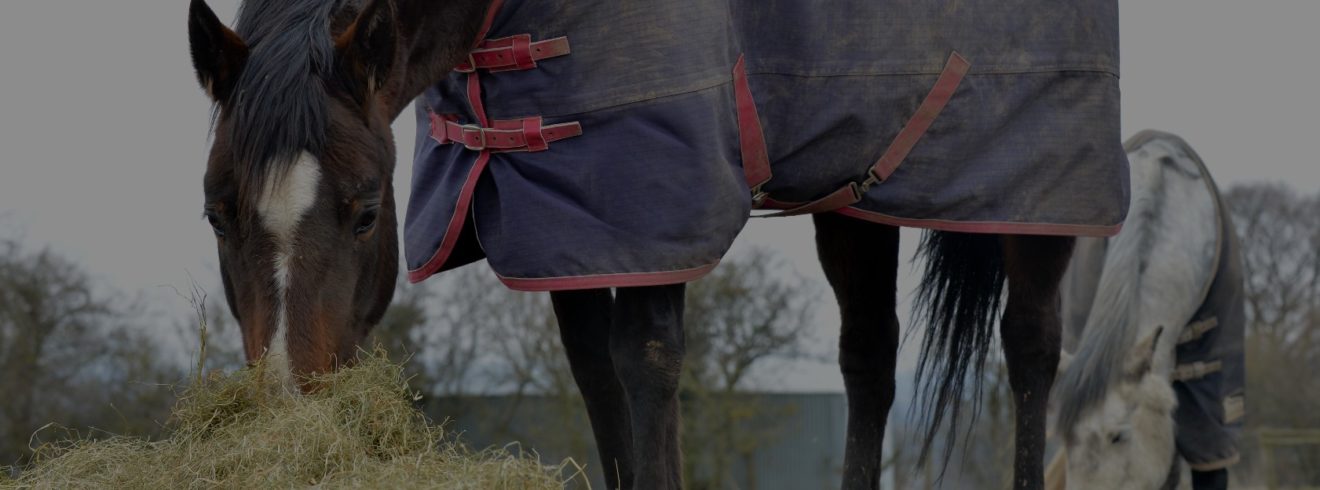Grass remains a major component of the diet of most horses and ponies in Ireland and the United Kingdom. Pastures vary in their composition from season to season and also from region to region. Certain geographical areas may have pastures which are deficient in certain trace elements particularly copper, zinc, manganese and/or selenium. Hence it is important to know if the pasture you graze is deficient in any trace elements especially if the pasture is the main source of nutrients. This is especially important to bear in mind during the wintertime.
The nutritional quality of forage in pasture varies tremendously throughout the year – from very good (or too good) in spring /summer to poor in winter. As the cold winter nights draw in and the temperature falls, pasture stops growing and eventually (if cold enough) becomes dormant. This pasture may look green and plentiful but actually contains indigestible woody fibre and fewer vitamins with a much-reduced feed value. This also means that the horses’ energy intake from pasture falls and they can consequently lose weight quickly, as more dietary energy is needed just to maintain body temperature.
It is a good idea to plan ahead and begin offering smaller quantities of hard feed and conserved forage, such as hay or haylage, in late autumn. This way the digestive system adapts minimizing the risk of digestive upsets. Concentrate supplementation is generally required during the winter months in order to meet the nutrient requirements of horses/ponies fed on forage-based diets. Feeding concentrates will also provide much needed amino acids, minerals and particularly vitamins that may be lacking in winter pasture and hay/haylage. The choice of concentrates will depend upon the factors such as:
• Condition of the horse/pony
• Workload
• Age
As the nutrient requirements increase the level/type of supplementation must change accordingly. A good quality forage (grass/hay/haylage) supplemented with a ‘balancer feed’ such as GAIN Opti-Care cubes (containing all the essential trace mineral and vitamins) would be suited to ponies in light work and easy keepers over the winter period. In contrast horses in harder work will have an increased energy requirement. GAIN Easy Go cubes would be ideal for such individuals as it is a balanced feed, free from oats, low in starch and contains a comprehensive specification of trace minerals, vitamins and antioxidants tailored for the competitive animal. It is essential to monitor the health and condition of all horses and ponies over the winter months and adapt your feeding programme accordingly.
It is important to remember that hay, haylage and concentrates etc., all contain less water than fresh grass and so horses in the cold winter months will need to drink more. This is important if impaction colic is to be avoided. As water temperature falls horses drink less and so if possible, hot water should be added to take the chill off drinking water. A salt block is important as forage can be low in salt and this should be made freely available if more salt is required.
Grassland management can have a major influence on the quality of grass available to your horses and ponies during the winter. Good management practices include: pasture rotation, mixed grazing; stocking rates can vary depending on level of supplementation of the diet. The general rule of thumb for stocking rates is 2 acres for the first horse and 1 acre for each subsequent animal. It is important to rest some pasture during the winter months in order to ensure optimal grass growth in early spring. Overstocking of paddocks, particularly on wetter land can lead to poaching and hence reduced growth in the growing season.
Adhering as best as possible to the above advice will help your horse maintain condition and health over the winter months.

